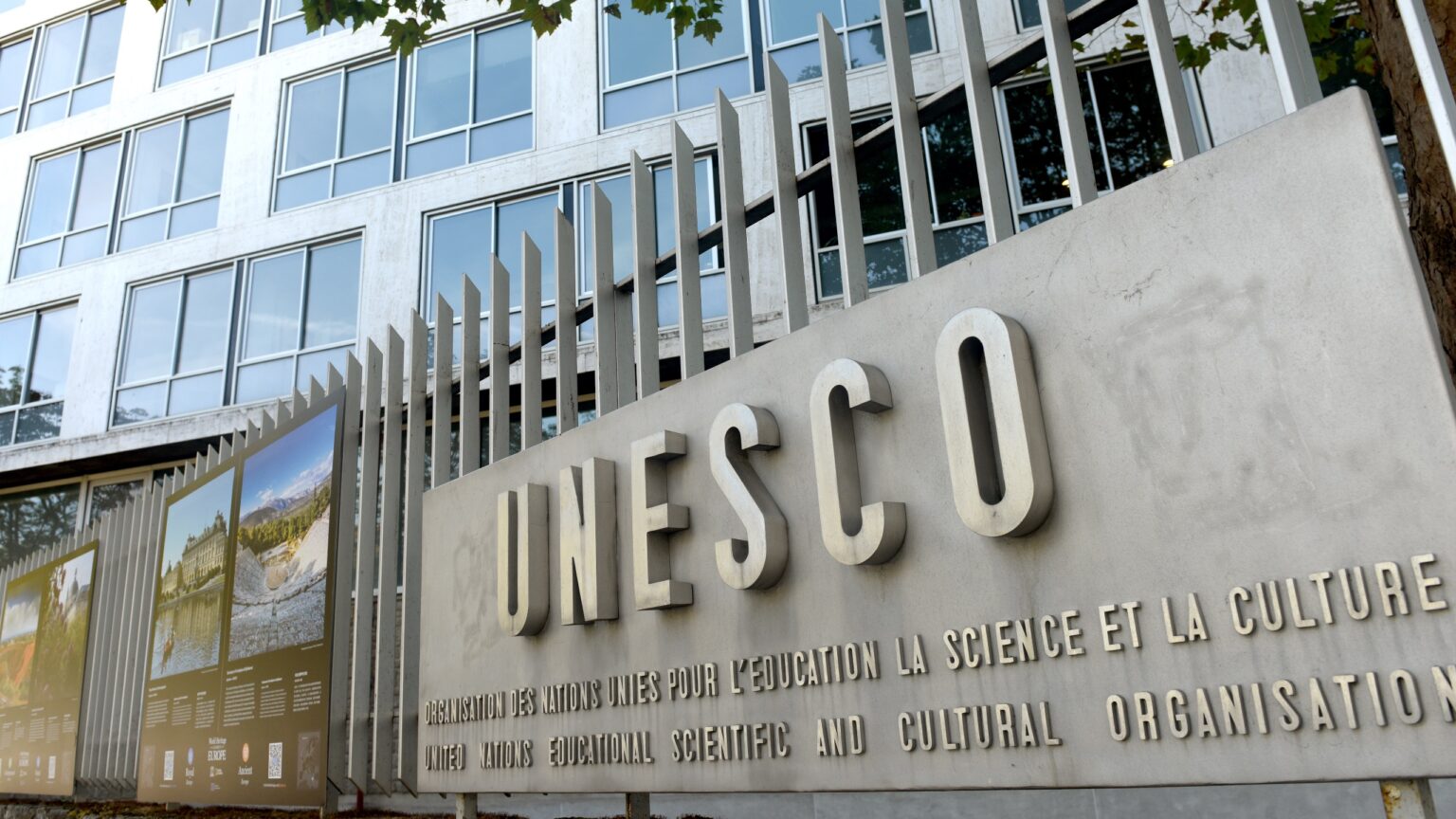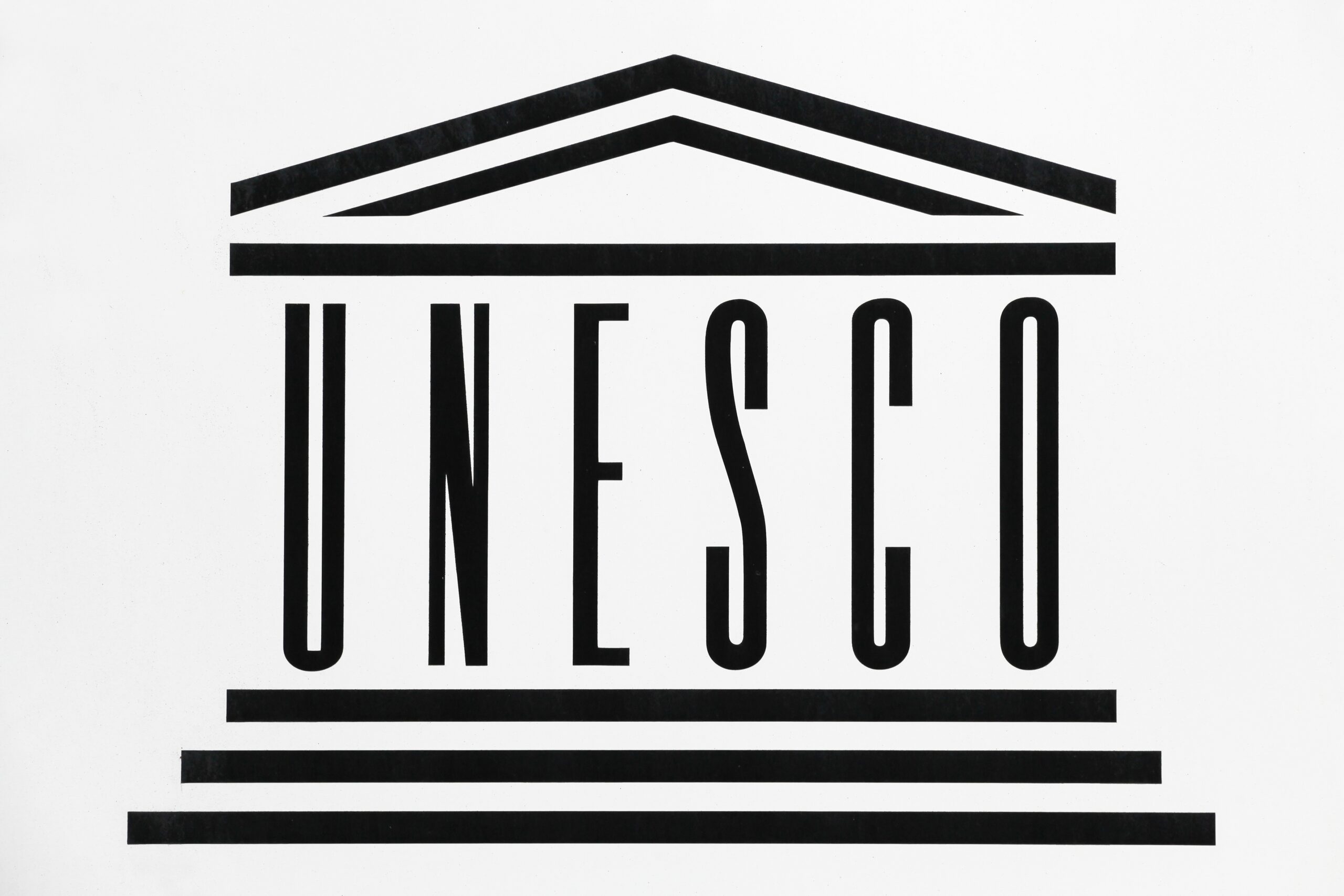As artificial intelligence (AI) steadily transforms the world, questions surrounding its ethical governance become paramount. Hence, the recent collaboration between UNESCO and the Dutch Authority for Digital Infrastructure emerges as a beacon of hope.
Named “Supervising AI by Competent Authorities” and backed by the European Commission’s Technical Support Instrument (TSI), this project aims to sculpt a future where AI and ethics coexist harmoniously in the European Union.
Why This Initiative is Imperative
The rapid proliferation of AI across sectors presents challenges. Moreover, questions arise about how AI can be governed and where the line between innovation and ethical responsibility lies. Consequently, the quest for answers is global, engaging policymakers, regulators, and the general populace. However, this collaboration provides a structured pathway forward.
Gabriela Ramos, UNESCO’s Assistant Director-General for Social and Human Sciences, emphasized the societal implications of these developments.
“We’re crafting the contours of our future,” she mentioned. “To direct AI’s evolution, we need governance anchored in universally cherished ethical and moral values.”
UNESCO’s Strategy
UNESCO’s involvement is multifaceted and instrumental. Their first task is a comprehensive report, which will dissect the present AI supervisory practices in Europe and extend its gaze globally. They will elucidate the nuances of AI’s current landscape through meticulously developed case studies. Furthermore, a compendium of best practices will equip Dutch and, by extension, European authorities to navigate the complexities of AI.
Moreover, UNESCO is set to organize training sessions to fortify institutional capacities. This move will ensure that AI advancements are technologically sound and ethically guided.
In 2021, UNESCO’s Member States ratified the Recommendation on the Ethics of AI. Significantly, this standard underlines UNESCO’s commitment to foregrounding ethics in the AI narrative. It covers eleven areas, offering insights and policy guidance. This roadmap, while global in its outreach, is also tailor-made.
We have to ensure AI develops in a human-centric, transparent and responsible way.
I believe 🇪🇺, together with partners, should lead the way on a new global framework for AI, built on three pillars:
guardrails, governance and guiding innovation.#SOTEU pic.twitter.com/Nz6tSpoZ9P
— Ursula von der Leyen (@vonderleyen) September 13, 2023
By assessing governance architectures across countries, UNESCO pinpoints areas for enhancement. The aim is to seamlessly integrate policy adjustments, law refinements, and new legislation to anticipate and address potential AI challenges.
The Broader Implications
In addition, while primarily focused on the EU, the initiative’s reverberations are anticipated to be global. The aim is twofold, with the project aspiring to strengthen Competent Authorities across the EU, arming them with the tools to ensure that AI systems align with the forthcoming EU AI Act and UNESCO’s guidelines. As a result, this alignment promises a future where AI’s immense potential is harnessed within a framework of ethical soundness.
EU AI act: first regulation on artificial intelligence
The use of artificial intelligence in the EU will be regulated by the AI Act, the world’s first comprehensive AI law. Find out how it will protect you ⬇️https://t.co/CQqAi7S8lR pic.twitter.com/GzVfIne7tH— Europarl UK (@EPinUK) June 14, 2023
Secondly, the insights from this collaboration will augment UNESCO’s broader mission. They can leverage this knowledge to aid their Member States, cultivating benchmarks for institutional AI readiness. The resultant frameworks will guide a robust, safe, and ethically oriented AI deployment.
The interplay between AI’s meteoric rise and the ethical considerations it beckons is intricate. UNESCO’s partnership with the Netherlands marks a significant stride in this dialogue. This initiative, rooted in shared values, signals a promising way forward.
While the path ahead is rife with challenges, collaborations offer hope. As AI charts its ascendancy, projects that ensure it remains firmly tethered to ethical and moral moorings are welcome and indispensable. By integrating technological prowess with ethical considerations, the EU is poised to emerge as a trailblazer, setting precedents for the world.










 and then
and then